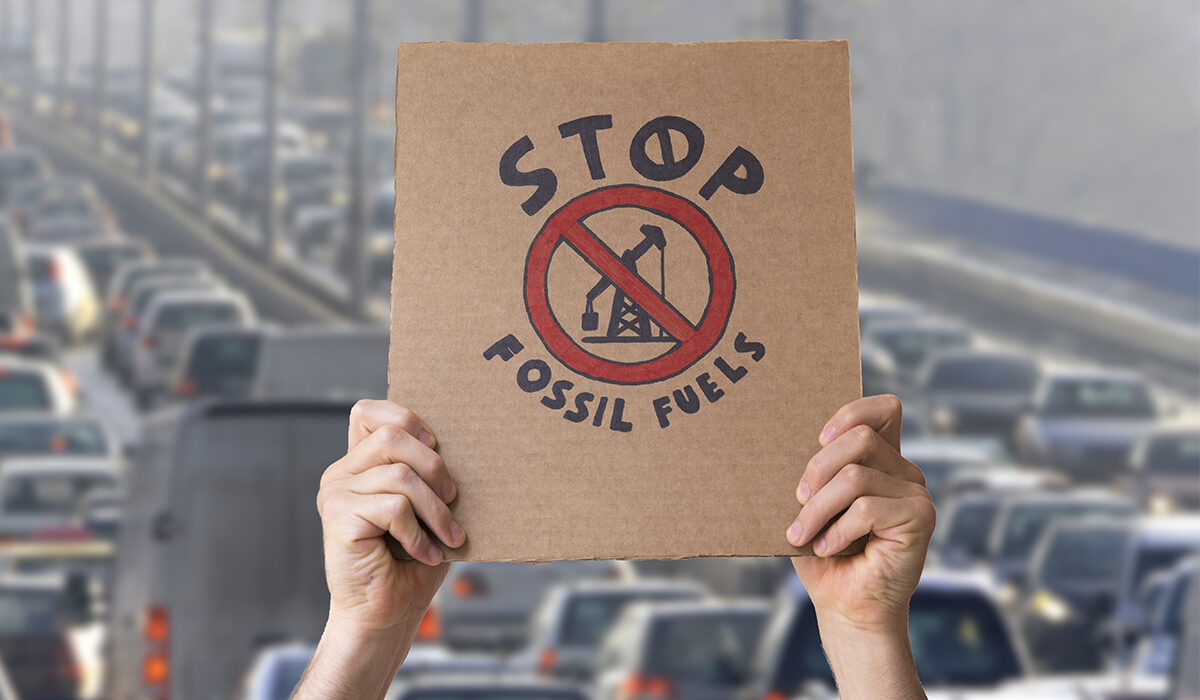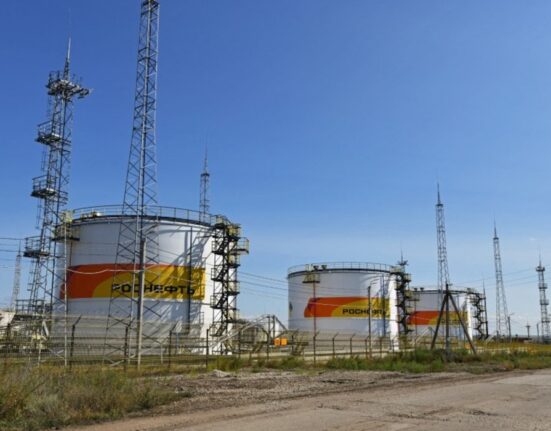Climate protestors have become a significant force in shaping public discourse and policy on environmental issues, including the operations of the oil market. Their actions range from peaceful demonstrations and shareholder resolutions to direct actions that disrupt oil infrastructure and operations. The impact of these protests on the oil market can be multifaceted, influencing both public perception and the strategic decisions of oil companies and investors.
Direct Impact on Operations
One immediate effect of climate protests can be the direct disruption of oil company operations. High-profile protests, such as those targeting pipeline construction sites or oil refineries, can temporarily halt production or delay projects. These interruptions can lead to immediate financial losses for the companies involved and have the potential to affect supply chains, albeit usually on a short-term basis.
Influence on Investment
Climate protests also affect the oil market through their impact on investment. Increasingly, investors are taking environmental, social, and governance (ESG) criteria into consideration when making decisions. Protests highlight the risks associated with oil investments, including potential regulatory changes, shifts in public opinion, and the possibility of future restrictions on fossil fuels. This heightened awareness can lead to divestment from fossil fuels, a trend seen among some of the world’s largest investment funds and financial institutions. The divestment movement, fueled by climate activism, pressures companies to transition to cleaner energy sources by making fossil fuel investments less attractive.
Regulatory and Policy Changes
Perhaps one of the most significant impacts of climate protests is their ability to influence public policy and regulatory frameworks. By drawing attention to the environmental and social costs of fossil fuel consumption, protestors can sway public opinion and, in turn, political will. This has led to more stringent environmental regulations in some regions, including carbon pricing mechanisms, emissions targets, and bans on new oil and gas exploration projects. Such policies directly affect the oil market by altering the cost structure and profitability of oil extraction and processing activities.
Shifts in Public Opinion and Consumer Behavior
Climate protests play a crucial role in shaping public opinion, raising awareness about the impacts of climate change and the role of fossil fuels in exacerbating these problems. As public concern grows, consumer behavior shifts towards more sustainable options, such as renewable energy and electric vehicles. This gradual shift in demand can influence the oil market by reducing long-term demand for oil and gas, encouraging companies to diversify their energy portfolios.
The Response from Oil Companies
In response to protests and the broader push for sustainability, some oil companies have begun to adjust their strategies. This includes increasing investments in renewable energy sources, setting targets for reducing carbon emissions, and engaging in carbon offsetting projects. While critics argue that these measures are often insufficient or serve as greenwashing, they indicate a growing recognition within the industry of the need to adapt to a changing energy landscape.
Conclusion
Climate protests have a tangible impact on the oil market, affecting operations, investments, regulatory environments, and public opinion. While the immediate effects on supply and prices may be limited, the long-term implications are profound, driving the transition towards more sustainable energy systems. As the urgency of addressing climate change intensifies, the influence of climate activists on the oil market is likely to grow, further accelerating the shift away from fossil fuels.












